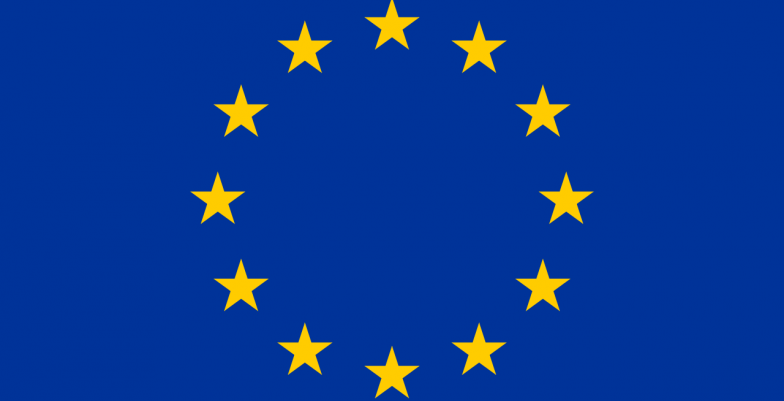Technology is a global issue that requires digital cooperation
Everyone is impacted by digital technologies and everyone has a role to play in shaping the digital future. Managing the social, political, cultural and economic impacts of digital technologies requires global cooperation – across borders, and between sectors. We cannot reap the full benefits of the digital age without mobilizing the global cooperation needed to mitigate its potential harms. Digital cooperation must keep pace with the accelerating shift towards a digital world, otherwise we risk a growing digital divide.
At the UN world leaders recognized the importance of technology as a fundamental global issue and pledged to improve digital cooperation to be able to maximize the benefits that digital technologies can bring while curtailing risks.
In his Our Common Agenda (OCA) report the UN Secretary-General proposes to work towards a Global Digital Compact which is expected to “outline shared principles for an open, free and secure digital future for all”. The Secretary-General suggests issues that it might cover, including digital connectivity, avoiding Internet fragmentation, providing people with options on how their data is used, application of human rights online, and promoting a trustworthy Internet by introducing accountability criteria for discrimination and misleading content.
It is of the utmost importance that this technology track involves all stakeholders: governments, the United Nations system, the private sector (including tech companies), civil society, grass-roots organizations, academia, and individuals, including youth.
EU Contribution to the Global Digital Compact
On 20 March 2023, the European Union contribution to the Global Digital Compact was adopted by the Foreign Affairs Council
The EU expects the Global Digital Compact to be anchored in respect for human rights and to serve as a roadmap for a human-centric, global digital transformation. The GDC should be ambitious and express a clear vision that provides a framework for the increasing activity across the UN family, and be anchored in robust support for Human Rights. We expect the Global Digital Compact to support an internet that is open, stable, free, inclusive, global, interoperable, reliable, secure and sustainable.
Read the European Union contribution to the Global Digital Compact
Ambassador Olof Skoog calls for multi-stakeholder approach to the Global Digital Compact
We can only get this right if we do it together!
More on the Global Digital Compact
The Global Digital Compact is expected to “outline shared principles for an open, free and secure digital future for all”.
The UN Secretary-General's Report on Our Common Agenda suggests issues that it might cover, including digital connectivity, avoiding Internet fragmentation, providing people with options as to how their data is used, application of human rights online, and promoting a trustworthy Internet by introducing accountability criteria for discrimination and misleading content




